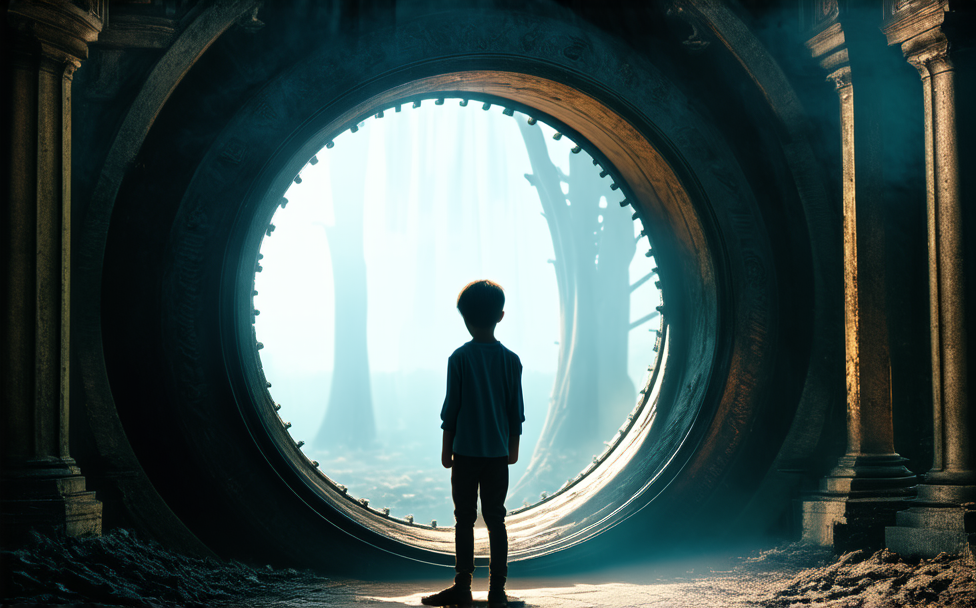Brave New World
Unveiling Control: Society and Self in Brave New World
Brave New World peels back the layers of a society that appears perfect on the surface, exposing how its stability is maintained through strict control. Central to this system is the dismantling of traditional family bonds, replaced by enforced monogamy—a deliberate strategy rather than a natural evolution. This design aims to suppress emotions like love and jealousy, which could disrupt social order. Pairings between individuals from different social classes are carefully arranged to uphold hierarchy, ensuring no one gains enough influence to challenge authority. These relationships are less about genuine connection and more about conditioning citizens into roles defined by duty and obedience.
The story also delves deeply into the tension between individuality and conformity. Characters such as Lenina initially accept their prescribed lives but gradually sense an emptiness beneath their conditioned happiness. Her encounters with John—who was raised outside this controlled environment—highlight the stark contrast between manufactured contentment and authentic human experience. John's craving for beauty, suffering, and spiritual meaning stands as a quiet rebellion against a world that sacrifices depth for superficial ease. This clash—the pull toward personal freedom versus societal demands for uniformity—drives much of the narrative’s emotional weight, underscoring humanity's longing for purpose beyond imposed realities.
The novel doesn’t shy away from showing what happens when stability comes at too high a cost. The loss of countless lives due to neglect reflects not isolated tragedies but systemic flaws rooted in utilitarian thinking gone awry. These outcomes reveal just how fragile a society built solely on shallow satisfaction can be—and question whether true peace can ever arise from such engineered harmony.
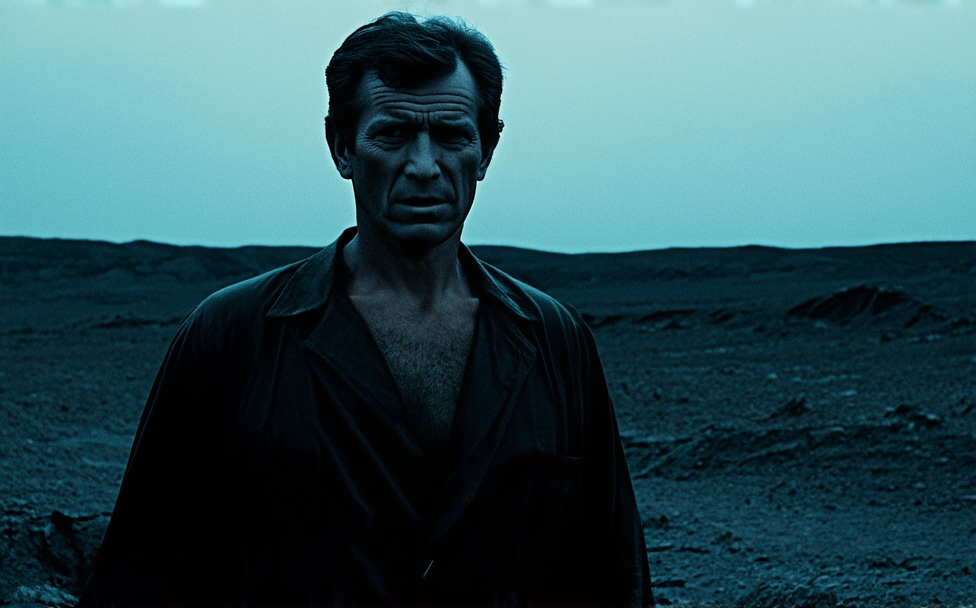
The Quiet Struggle Within Control
Bernard’s life stood as a stark example of the World State’s relentless conditioning. Every aspect of his existence had been shaped by repeated hypnopaedic lessons and strict Malthusian rules, embedding in him an almost automatic commitment to contraceptive measures. These practices were more than routine; they formed the core of his identity, quietly reminding him each day of his place within a tightly regulated society. From childhood onward, hypnotic suggestions drilled into his mind created a deep-seated awareness—barely conscious yet powerful—that procreation must be avoided at all costs. Bernard became a living symbol of state control: fully aware that he was different from those around him, yet bound by invisible chains.
One Solidarity Service found Bernard alongside Morgana Rothschild and Clara Deterding inside the Fordson Community Singery—a space designed with unsettling precision. Here, synthetic melodies like the oddly cheerful “Bottle of Mine” echoed against gleaming white surfaces meant to mimic Carrara marble but felt strangely artificial. This carefully crafted environment aimed not only to entertain but also to forge a collective spirit among citizens—a manufactured unity intended to suppress any flicker of loneliness or unrest. The mix of beauty and unease revealed how deeply the World State relied on orchestrated experiences to create belonging where genuine connection could not thrive.
Amid this backdrop, Lenina and Henry faithfully followed their conditioning, especially regarding contraception—a constant reminder that personal desires were secondary to societal demands. Yet beneath this surface compliance simmered an unspoken tension: between what individuals longed for and what they were permitted to have. Bernard’s questioning nature hinted at something more profound—a craving for truth beyond scripted lives and predetermined roles. In blending everyday realities like birth control with surreal communal rituals such as the Singery service, the narrative captures humanity caught between imposed order and its own restless spirit seeking freedom.

Shadows of Malpais: A Glimpse Beyond Time
The rain had just passed, leaving Malpais bathed in a strange and haunting glow. Towering sandstone cliffs, shaped over countless ages by wind and water, stood layered in shades of ochre and rust. Their surfaces bore intricate designs that seemed to shift subtly as the light moved—a silent dance etched into stone. The landscape was steeped in profound quietude; only the soft murmur of wind and an occasional bird’s call disturbed the stillness. This silence pressed heavily on the senses, deepening a sense of solitude that felt almost tangible. The air hung thick with dust mingled with something elusive—an ancient presence whispered through time itself. Though undeniably beautiful, this scene carried an unsettling edge—as if unseen eyes observed from beyond normal existence.
Suddenly, two men emerged—figures so seamlessly part of the rocky terrain they might have been born from it. Tall and slender, their faces weathered yet unreadable, their dark eyes held depths like shadowed pools. They moved with effortless grace—a fluidity starkly contrasting the stiff routines typical within the Savage Reservation’s bounds. Their brief exchange with Silas—the old man already marked by his unusual limbs, pale skin, and vacant gaze—was charged with unease. Silas seemed to retreat inward further under their presence as though these strangers threatened to unravel what little stability remained in his mind.
Lenina watched silently, caught between discomfort and fascination; this encounter shattered her familiar worldview—a fleeting glimpse into realities far removed from those carefully maintained by the World State’s order.
Bernard observed thoughtfully alongside her, interpreting this meeting as a form of connection rooted not in human convention but primal ties to earth’s timeless rhythms—a raw intimacy beyond words or society's constructs.
Then just as suddenly as they arrived, the two men vanished without trace—leaving behind only echoes of their passage and questions hanging heavy about why they came at all.
Malpais endured its quiet mystery beneath skies slowly clearing once more...
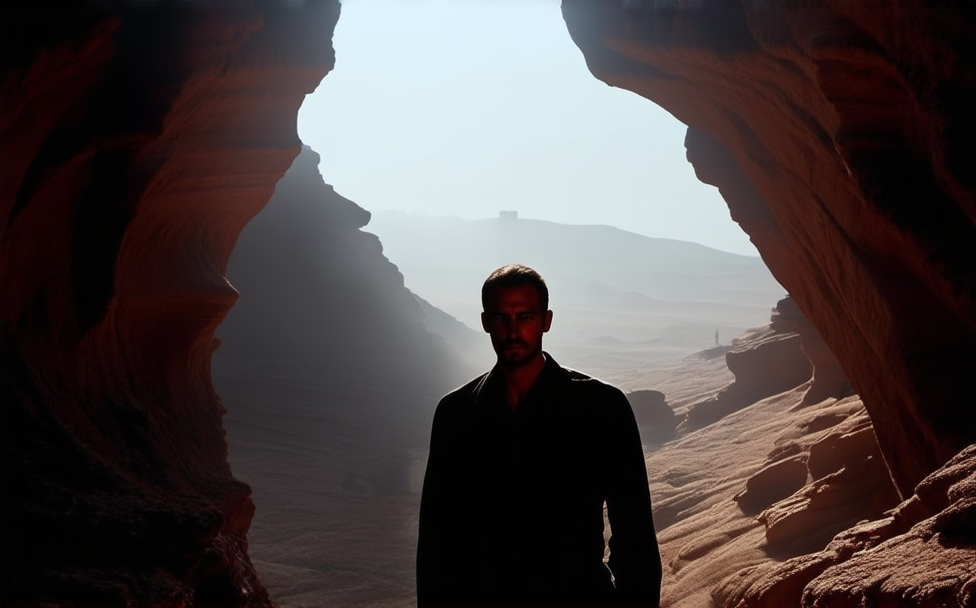
Transformation in the Other Place
John’s stay in the Other Place became a forge, shaping him from a raw and wounded soul into someone approaching self-awareness. At first, he was engulfed by profound isolation—a stark awareness of his fragility within the cold, controlled surroundings. His injuries from the brutal clash with the Savage were more than just physical; they symbolized deeper scars left by a world that rejected his very individuality. The endless silence around him, broken only by mechanical routines, deepened his solitude and forced him to face an unsettling truth: he existed as an outsider.
Bernard’s unusual method of “fainting” after moments of distress introduced an almost ritualistic form of healing. This approach stood apart from the World State's clinical predictability—it suggested that true recovery came not through external control but through inner strength and resilience. In quietly resisting conventional treatments, Bernard challenged the rigid definitions imposed by society on health and well-being. His act was subtle yet powerful—a refusal to be confined within prescribed limits.
As John spent time with Mitsima and the other boys, their relationship began to shift gently. What started as detached observation gave way to tentative connection through shared activities like pottery-making and dancing. These simple acts revealed a fundamental human need for companionship and understanding despite differences. Through these moments together, it became clear that empathy could cross boundaries—offering hope for connection even where division seemed most entrenched.
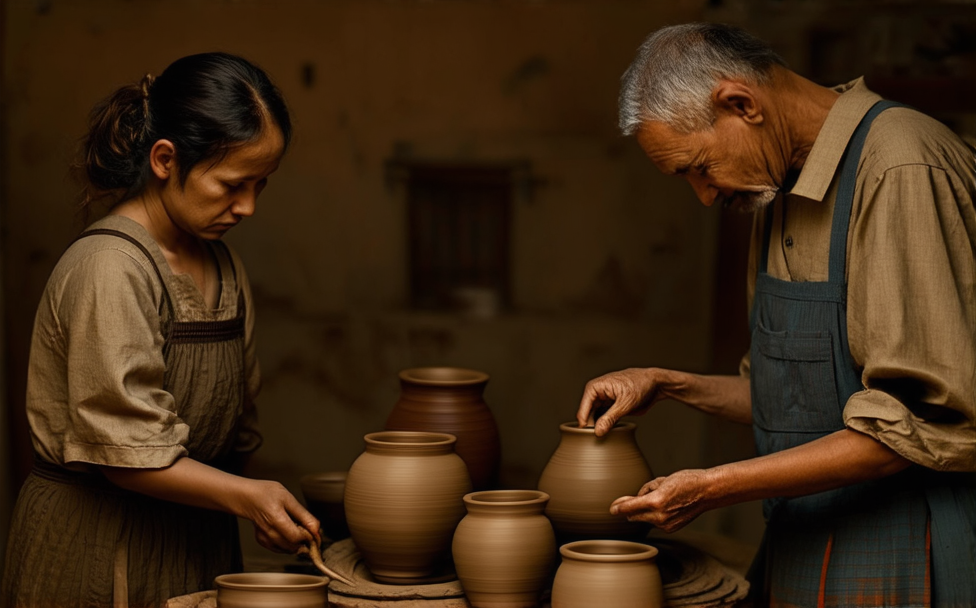
Shadows Over a Synthetic Sky
The helicopter trembled, a metallic creature hovering beneath a sky streaked with surreal hues—an effect Bernard attributed to the stereoscopic projection layered atop reality. Beside John, Lenina was strapped in place, caught between exhilaration and an instinctive unease. Below them stretched a landscape of engineered joy and sterile precision, its shifting patterns distorted by the visual illusion—a reflection of the turmoil stirring within her own thoughts.
John sat rigidly, clutching his armrest with quiet intensity. Though aware that technology twisted their perceptions, he felt compelled to act—to respond beyond mere observation. The knowledge of Othello’s abduction after the accident cast a shadow over this controlled world; chaos had breached its boundaries.
As they neared Othello’s location, sensory overload surged—the projected images warped into something almost hallucinatory. Sharp cuts and amplified sounds collided with unsettling visuals, sparking waves of excitement quickly replaced by creeping anxiety among those watching. Lenina found herself drawn in yet unsettled—a yearning for authenticity rising above the World State's artificial contentment.
Meanwhile, John remained resolute. His actions were fueled by perfectionism intertwined with an urgent desire to protect Othello from society’s corrosive decay. Amidst this unreal environment, his protective instincts seemed both poignant and futile—a struggle to impose order where disorder reigned.
When at last they landed and joined Bernard in finding Othello confined within a small white chamber—the emblematic pot symbolizing transformation—John discovered unexpected comfort amid cold sterility. He began reading aloud from Shakespeare’s Othello, his voice carrying deep sorrow and empathy as he recounted the timeless story of love betrayed and loss endured.

A Disturbing Illusion of Joy
The room pulsed with an unsettling brightness, a forced cheerfulness that felt deeply unnatural. Linda lay on the bed, a distorted echo of youth—her body swollen and misshapen by an affliction that twisted her very features. She had become a living symbol of decay, yet the nurses insisted on framing her as something desirable—a fragile link to a vanished past’s charm. Her skin bore a sickly yellow hue, stretched tight over a frame shifting between fullness and frailty. Her eyes, once perhaps lively and clear, now held only an empty, haunting gaze.
Around her moved identical twins whose laughter filled the space—a carefully choreographed distraction meant to shield Linda from confronting the grim reality she faced. The air was thick with the heavy sweetness of verbena mingling with the relentless strains of a Super Vox Wurlitzeriana melody. These sensory elements were deliberately intensified to deepen her disorientation and underline how artificial everything around her truly was.
It seemed as though every detail in this room existed solely to trap Linda in endless confusion. When she reached out for fragments of memory or tried to voice glimpses of her former life, she met nothing but gentle smiles and subtle redirection from the nurses. Their practiced kindness prioritized preserving an illusion of happiness rather than acknowledging the profound sorrow lurking beneath.
Linda’s plight echoed one of Iron Flame’s core themes—the delicate nature of identity shattered by enforced forgetting. She stood as proof against the World State’s ruthless drive for stability: a woman whose rich history—marked by love and loss—had been systematically wiped away and replaced with synthetic calmness. Despite all efforts to reclaim pieces of herself or anchor in real memories, she remained caught within this fabricated existence.

Philosophical Reflections on Faith
At the heart of Brave New World lies a deep exploration of how diverse philosophical views influence our grasp of humanity and spirituality. Mustapha Mond, the intellectual leader of the World State, argues persuasively for the essential role that religious feeling plays in human contentment. He suggests that life’s inherent uncertainties—aging, constant distractions, and societal pressures—create a need for something to balance these challenges. According to Mond, belief in God, despite its ancient roots, serves as this crucial anchor by providing comfort and meaning amid an increasingly disconnected world. His perspective elevates spiritual fulfillment above material gain, proposing that true happiness emerges not from possessions but through embracing a higher power.
In contrast, the Savage—a man raised beyond the reach of the World State—offers a straightforward yet powerful counterpoint. He observes that civilization’s relentless sensory overload and artificial social bonds have reshaped human consciousness itself. The Savage points out that people naturally turn toward faith when faced with solitude and self-reflection; this arises from an innate desire to find purpose amidst uncertainty. His insight reveals that while conditioning within the World State suppresses traditional spirituality, it does not extinguish humanity’s yearning for it—it merely channels this longing into controlled forms.
Ultimately, Brave New World conveys that no matter how far society advances—with technological wonders or medical breakthroughs—the quest for spiritual grounding remains central to what it means to be human. The narrative acknowledges what is sacrificed in such tightly managed worlds: genuine connection fades away; individuality blurs; authentic emotions are muted. Yet alongside these losses comes recognition of religion's compensatory role—a source offering solace where other comforts fall short—and thus paints a nuanced portrait of faith woven into modern existence.
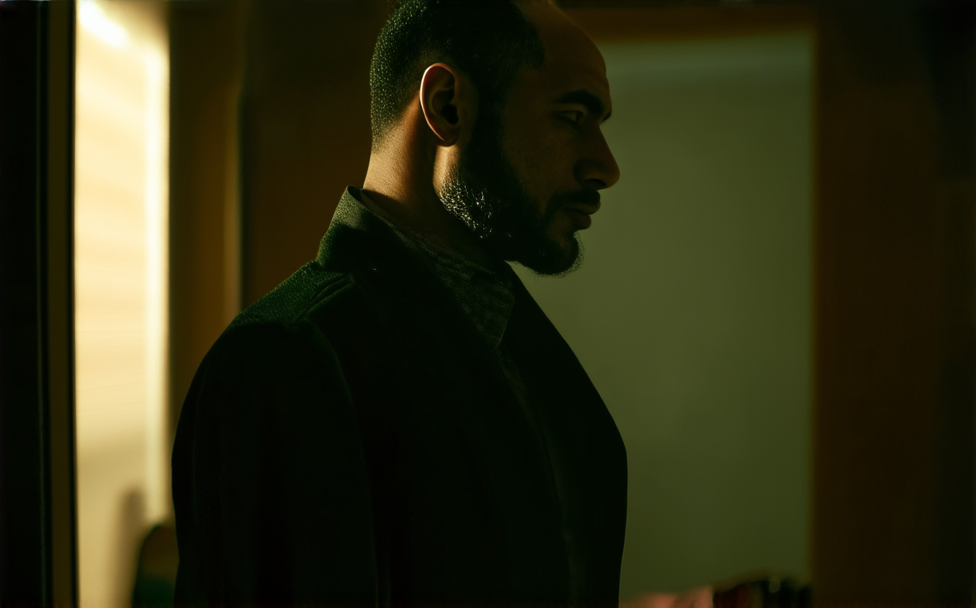
The Dance of Shifting Selves
The air was heavy, tinged with a sharp, metallic trace—a lingering mark left by the controlled turmoil that had just played out. Henry stood among the moving forms, the smooth leather of his whip still warm in his hand. It wasn’t merely a weapon; it served as an instrument to guide and shape the others’ movements—their bodies becoming extensions of their desires and part of an intricately designed performance. Around him unfolded a strange mosaic of flesh and motion, blending what felt familiar with something profoundly alien.
He observed the participants closely: faces masked in rehearsed pleasure, bodies flowing with eerie grace under subtle commands delivered through each measured crack of his whip. There was something unsettling about their lack of personal will—they seemed less like individuals and more like vessels channeling an experience crafted with cold precision.
The dance itself pulled everyone into its swirling current—a merging where boundaries between self and other blurred. What began hesitantly, almost mechanically, soon erupted into wild collective movement. Limbs entwined not from warmth or affection but from submission to some invisible force holding them tight. From his vantage point at the edge, Henry’s unease deepened as he recognized this manipulation—an intentional bending of natural instincts—and realized this spectacle was no mere entertainment but a deliberate test probing human limits.
With every rhythmic snap echoing through space, disorientation grew stronger; participants sank further into heightened yet hollow sensations devoid of true connection.
As momentum peaked, a shift became undeniable: once separate beings now moved as one entity—their gestures perfectly synchronized while expressions mirrored shared ecstasy tinged with discomfort. Standing apart yet fully aware that nothing here arose spontaneously or sincerely brought on for joy alone—Henry felt profound isolation settle over him like cold stone.
This was not humanity celebrated—it was humanity reshaped: fragile beliefs stretched thin beneath relentless control’s weight.
